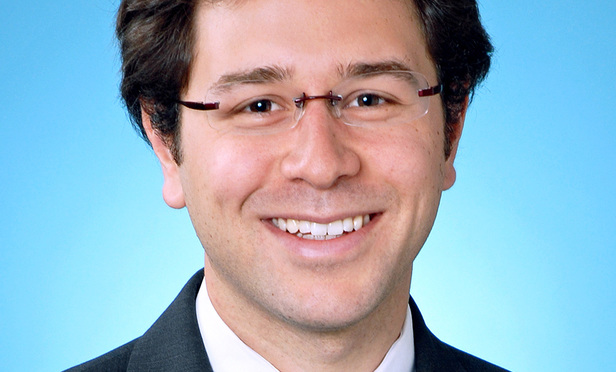In a pair of precedential opinions earlier this month—Roach v. T.L. Cannon1 and Sykes v. Mel. S. Harris & Assocs.2—the U.S. Court of Appeals for the Second Circuit interpreted Comcast v. Behrend, 133 S. Ct. 1426 (2013), narrowly and ruled that plaintiffs need not present class-wide proof of damages to certify a class action under Federal Rule of Civil Procedure 23(b)(3).3 In Comcast, the Supreme Court had reversed certification of a class action where the named plaintiffs had failed to present proof that their class-wide damages theory could support their liability claim, thereby leaving individual damages determinations to overwhelm issues common to the class. 133 S. Ct. at 1433. The Second Circuit held in Roach and Sykes that Comcast did not preclude individual damages determinations in class actions.
In declining to adopt a broader view of the rule in Comcast, the Second Circuit affirmed its pre-Comcast precedent that the existence of individual damages determinations is merely one factor for district courts to consider in deciding whether to certify a class action. See Roach at *9. Further, the same day as these rulings, the Second Circuit issued an unpublished decision affirming a lower court ruling that certified an overtime class against employer Duane Reade for liability purposes, but that bifurcated the damages phase for individualized determinations. See Jacob v. Duane Reade, No. 13-3873-cv (2d. Cir. Feb. 10, 2015).



